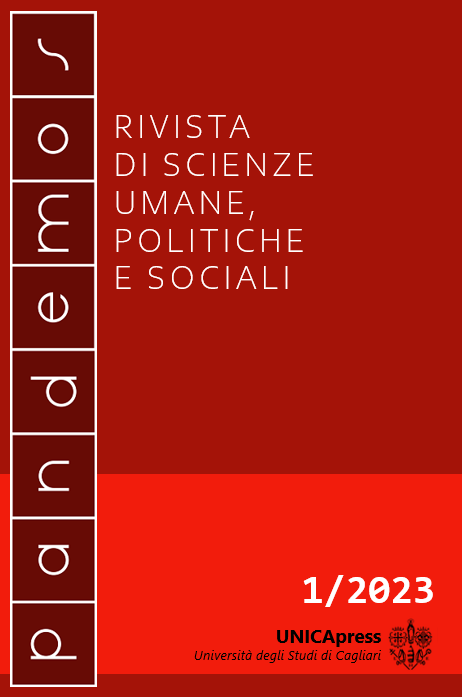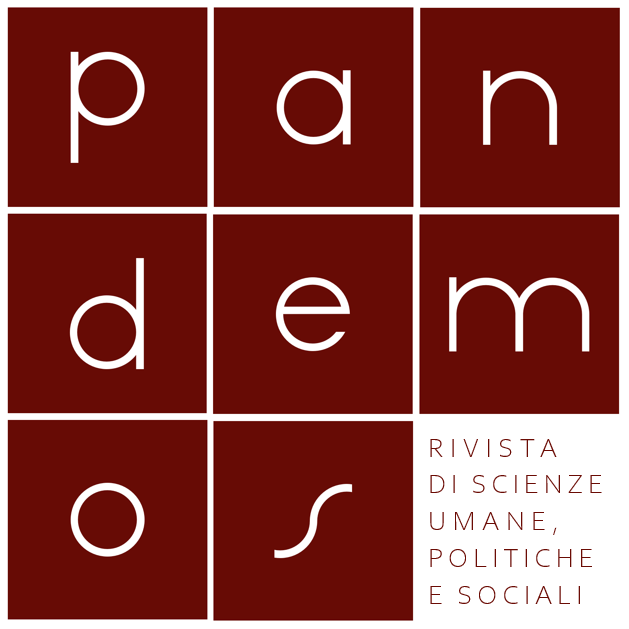Dimensione politica della genealogia del fuoco. Per Gaspara Stampa
Abstract
Grazie alle incertezze sulla sua biografia, la poeta Gaspara Stampa ha avuto il privilegio di non essere classificata in categorie desuete. È così rimasta intatta la potenza della sua semiotica del fuoco che negli ultimi decenni in Venezia ha siglato eventi di genere femminile in ambito poetico, teatrale, giornalistico orientati ad una “genealogia del fuoco”. Ma è impossibile parlare di lei senza citare Luisa Bergalli, che l’ha riedita nel Settecento con una fortissima coscienza politica. Il testo sollecita a guardare alle relazioni intercorse tra le protagoniste veneziane delle diverse epoche e alla loro possibile dimensione aggregativa, sull’esempio delle Preziose. Per quel che riguarda nello specifico Gaspara Stampa, in forma di appunti di ricerca si sorvola il multiforme ed esotico contesto esoterico veneziano dove in infusione coesistono alchimia, zoroastrismo, paganità ed istanze femminili. Le immagini de i dei de gli antichi di Vincenzo Cartari, suo contemporaneo, contengono note imperfette di accenno alla dea Estia, nucleo semantico che più di altri sembra accostabile al “puro fuoco” stampiano.
Copyright (c) 2023 Antonella Barina

Questo lavoro è fornito con la licenza Creative Commons Attribuzione - Non opere derivate 4.0 Internazionale.
Gli Autori mantengono i diritti sulle rispettive opere, e cedono a Pandemos il diritto di prima pubblicazione.
Gli Autori possono aderire ad altri accordi di licenza non esclusiva per la distribuzione dell’opera pubblicata (ad esempio possono depositarla presso un archivio istituzionale, pubblicarla come capitolo o paragrafo di uno studio monografico, etc.), a patto d’indicare che la prima pubblicazione è avvenuta su Pandemos.
Gli Autori possono diffondere online le rispettive opere anche prima e durante il processo di presentazione e di valutazione (in particolare possono depositarle presso repository istituzionali, o mostrarle in siti web personali), in quanto ciò può avere ricadute positive sulla ricerca nel particolare ambito, e può altresì contribuire ad aumentare il numero delle citazioni dell’opera pubblicata (vedi a riguardo The Effect of Open Access).
Pandemos si riserva il diritto di ripubblicare le opere pubblicate, parzialmente o integralmente, come ristampa o uscita monografica, in versione sia elettronica sia cartacea.







